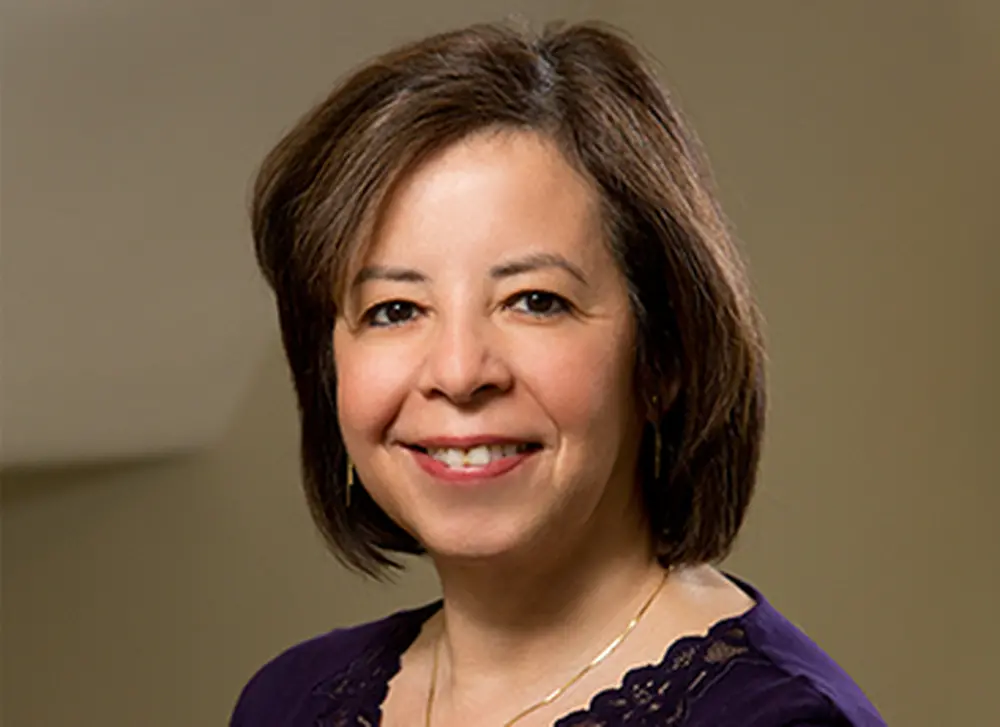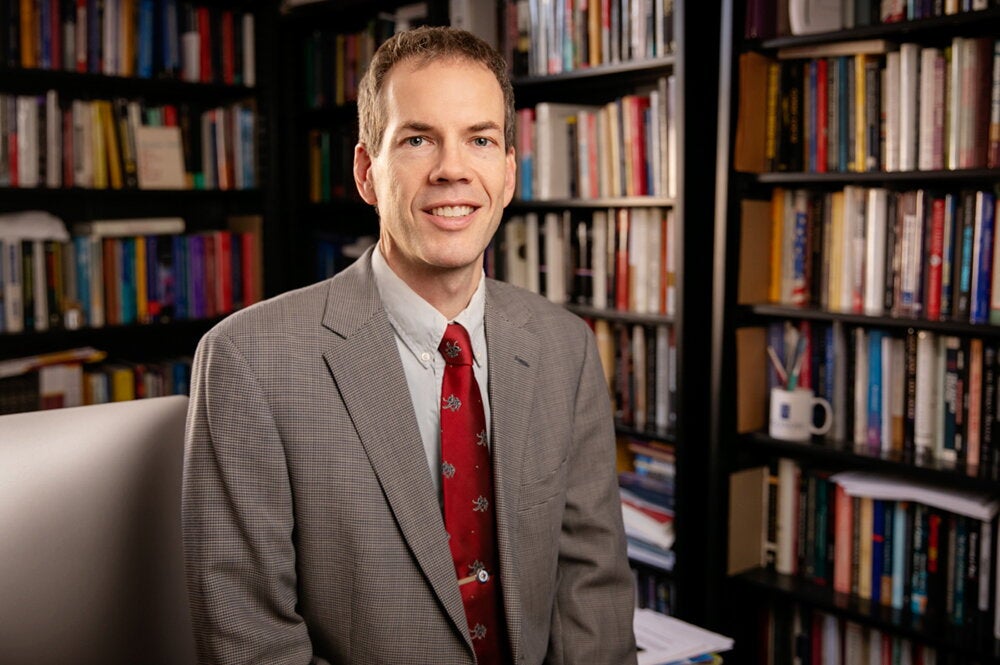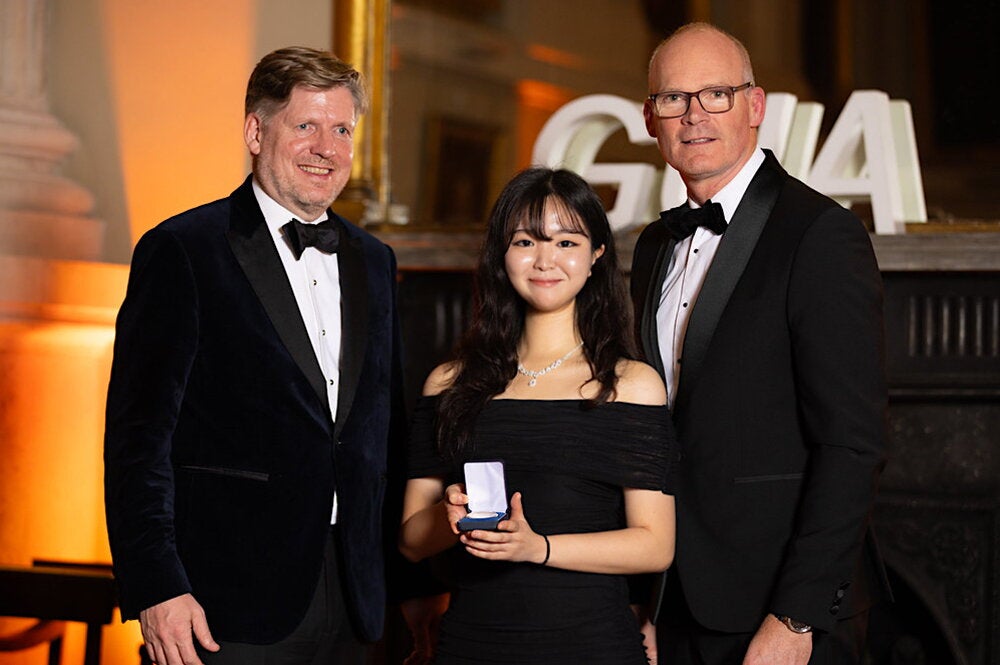

Editor’s note: Scenes from oil-rich Venezuela show a country descending into chaos: desperate people looting stores and food trucks, political unrest, rising crime and hyperinflation. Damarys Canache, professor of political science at Illinois, is a native of Venezuela who studies the country’s politics and has conducted public opinion research there. She spoke with News Bureau social sciences editor Craig Chamberlain about the country’s recent past and future.
So how did Venezuela get to this point?
The reality for the majority of the population today is a far cry from the modern, wealthy and democratic society that Venezuela appeared to be only a few decades ago. As a petro-state whose economy is highly dependent on oil—accounting for 96 percent of exports—Venezuela has been hit hard by the rapid decline in the price of oil since mid-2014.
However, mishandling of the economy by President Maduro has exacerbated the crisis. The Venezuelan economy is projected to decline 8 percent in 2016 and year-end inflation is projected to reach 720 percent. A recent study by several prestigious universities found that 73 percent of households lived in conditions of poverty in 2015. The dire economic situation has translated into increasing shortages of food and medicines, crumbling public services and infrastructure, increasing social and political unrest—riots, protests and looting are a daily event throughout the country—and rampant violent crime. For the common citizen, life has become miserable, and for many, everyday life is now a question of survival.
What we are witnessing in Venezuela today was many years in the making. The current situation should be understood in the context of the populist and autocratic Chavista regime in place since the election of Hugo Chávez in 1998. His experiment with a “21st-century socialism” model, continued by his successor, prioritized the reliance of the Venezuelan economy on oil and exacerbated the control of the economy by the state. Unconstrained government spending, the expropriation of private firms, and strict control of economic transactions, including price and currency controls, have negatively affected productivity and created strong incentives for corruption and mismanagement. These policy choices help to explain the country’s plunge into an economic abyss.
On the political side, this model has led to an extreme concentration of power in the executive branch, the erosion of checks and balances, and limitations on political and civil rights. As the economic crisis deepened, President Maduro’s response has been to become more autocratic. Maduro has ruled by decree for most of his presidency. His reliance on the military and paramilitary forces is increasing, and so, too, is the level of repression and human rights abuses.
Has Venezuela become a failed state?
There is a confluence of economic, social and political crises, and the country seems to be on the verge of collapse, yet I am hesitant to define it as failed state. There is not a power vacuum. Through the military, the state still maintains control of the use of force. However, organized crime and paramilitary groups allied with the government are gaining power. The country’s governability is compromised, yet I would say that, at present, Venezuela is best described as a weak state at risk of becoming a failed state.
Is there any short-term solution or will the country need a massive relief effort?
Several domestic and international actors have offered immediate help to address the problem of shortages of food and medicine, but there has not yet been any concrete action. This delay is due to the government’s resistance, despite the evidence, to even acknowledge these scarcities. Beyond this type of immediate and urgent action, there is an ongoing effort by the international community to create a space for dialogue and negotiation among the government and opposition forces. In my opinion, this indicates a growing preoccupation with the possibility that Venezuela will fall into a vicious circle of violence and chaos.
The political opposition in Venezuela has heavily bet on the realization of a recall referendum of President Maduro as permitted by the constitution. If it takes place late this year, despite government efforts to block it, then new presidential elections may be called. Recalling the president will not be a magical solution to Venezuela’s problems, however. The Chavistas and the opposition must negotiate the conditions of the transition, and establish pacts and mutual guarantees allowing for governability; otherwise, instability in Venezuela will continue.
What needs to happen for long-term recovery?
Dialogue and negotiation are the first steps toward long-term economic recovery and the reestablishment of democracy. Venezuelan leaders need to seriously address the issue of its oil dependence. Venezuela should diversify its exports like other Latin American nations have done. The economic challenges are significant and will potentially require substantial foreign investment. Any economic success will require that actors be able to trust that the rule of law exists in Venezuela.


